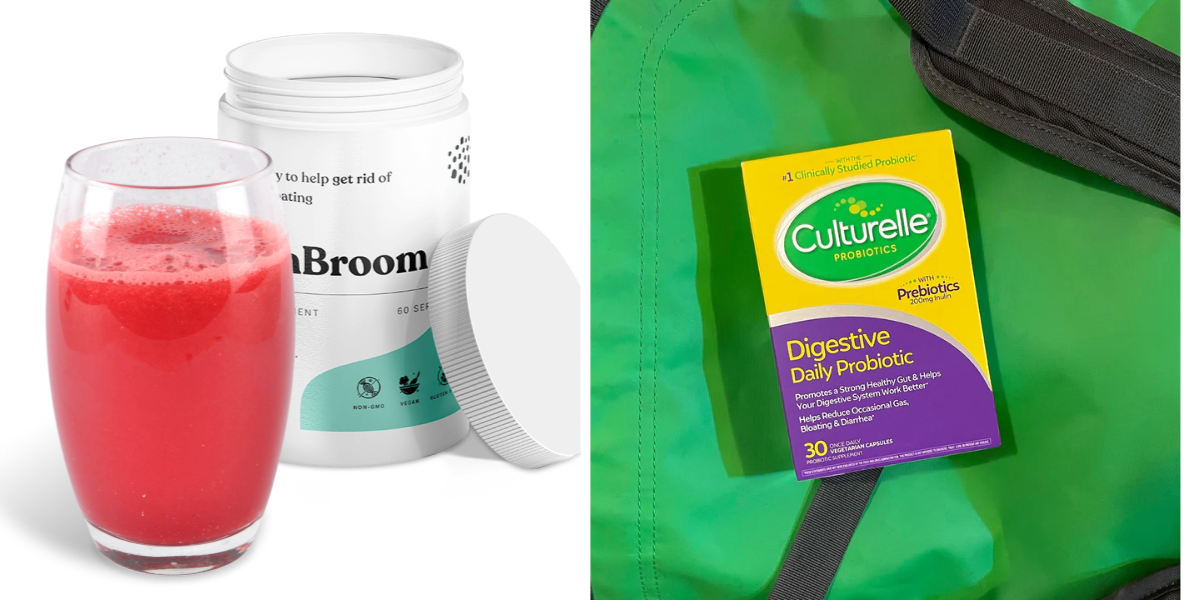People know that Every ingredient has a purpose, pros, and cons, and they all play a vital role in lives. Whether it’s for eating purposes or used as a remedy. In the world, there is nothing without any reason; there are a lot of reasons behind everything. In the same way, science is essential in knowing whether food, including meals, veggies, and fruits, that are fruitful for you. Find the reason that how it impacts your body because no one knows the whole natural secret.
That’s why science can help you recognize things and give you proof from technology. More people on this planet are realizing that the basis of a balanced living is a good diet. Natural resources abound from many sources; meals high in antioxidants, good fats, fiber, and phytochemicals help to improve heart health. But how can you find out what kind of food or item is wrong for you or what good one is? You don’t know how many resources we have, but all are not good for us. Same as some mushrooms are not good for you. They are also not eatable. Find out the perfect mushrooms that help to boost your health without any harm.
Let’s explore the best benefits and specialties of mushrooms and learn that, as science and technology have proven, not every mushroom is eatable.
How do Mushrooms Support your Immune System?
The medical qualities of Mushrooms help to boost your immune system. Several substances found in mushrooms, including polysaccharides, beta-glucans, and antioxidants, help the body fight illnesses and infections naturally. People eat this in salads, pasta, and other unusual dishes. But the mushrooms are beneficial for you,
They contain Macronutrients that support your healthy immune system. According to research by mushroom councils, your immune system will benefit from mushrooms, whose nutrients include Selenium. Selenium helps your body make antioxidant enzymes to prevent cell damage. The choice is up to you. The Cremini or Portabella mushrooms are also the most beneficial benefits that you can take and make your immune system strong.
Key Points:
Here are four key points on how mushrooms support immunity:
- Mushrooms, particularly shiitake and maitake, can help boost white blood cells and stimulate the production of white blood cells, the body’s frontline defenders against pathogens. This enhances the immune system’s ability to respond quickly to infections.
- Mushrooms are known for their potent Anti-Inflammatory Properties. They contain bioactive compounds that help reduce inflammation linked to chronic diseases and immune dysfunction.
- Mushrooms are rich in Antioxidants, including powerful antioxidants such as ergothioneine and glutathione, which help neutralize free radicals. Because Free radicals can damage cells and weaken the immune system, combating them helps maintain a robust immune response.
- It also supports Gut Health. Many types of mushrooms act as prebiotics, feeding the beneficial bacteria in your gut. A healthy gut microbiome is closely linked to a stronger immune system, as gut health regulates much of immunity.
How Many Types of Mushrooms Are There?
There are more than 10,000 known types of mushrooms, but only a fraction of these are edible. Mushrooms can be broadly classified into four categories:
Saprotrophic Mushrooms:
The popular types, like white buttons and portobello mushrooms, break down the decaying organic matter.
Mycorrhizal Mushrooms:
These grow peacefully with plant roots and include species including porcini and chanterelles.
Parasitic Mushrooms:
These feed on living organisms and include varieties of honey fungi.
Endophytic Mushrooms:
These are less well-known mushrooms that coexist peacefully inside plants without harming anything. Among the edible varieties, the mushrooms with health advantages include shiitake, maitake, lion’s mane, and reishi.
What Are Edible Mushrooms?
Non-poisonous mushrooms that are safe for human consumption can be included them in your diet. These non-poison mushrooms can be found in grocery stores or forage in the wild, provided they are correctly identified. Some well-known non-poisonous mushrooms are:
- Shiitake
- Oyster Mushrooms
- Lion’s Mane
Benefits of Non-Poisonous Mushrooms:
- Some of Many non-poisonous mushrooms have beta-glucans that stimulate immune function.
- The Antioxidant Power of Mushrooms like oyster and maitake have antioxidants that fight oxidative stress, promoting longevity.
- Nutrient-rich mushrooms that are Non-poisonous are an excellent source of vitamins, minerals, and fiber, aiding in digestion and overall wellness.
What Are Poisonous Mushrooms?
Poisonous mushrooms contain toxic compounds that can cause serious harm or even death if consumed. There is a need to know about the recognition of the Poisonous mushrooms. Some examples of poisonous mushrooms include:
- Death Cap (Amanita phalloides)
- Destroying Angel (Amanita bisporigera)
- False Morel (Gyromitra esculenta)
Disadvantages of Poisonous Mushrooms:
- Many of the poisonous mushrooms are toxic, and they can cause irreversible damage to organs, leading to death in severe cases.
- Poisonous mushrooms are often mistaken for non-toxic varieties, making identification crucial.
- Some of the toxins in poisonous mushrooms do not have antidotes, meaning prevention through proper identification is the only solution.
Mushrooms in the Light of Science and Technology
In recent years, scientific and technological developments have helped us better understand mushroom qualities. Studies have identified important bioactive elements in mushrooms that have a strong impact on immunity and health, including ergosterol and polysaccharides. The new kinds and their health advantages have been found thanks in part to technologies, including genetic sequencing.
Scientific research also investigates how mushrooms may be applied in biotechnology and medicine, from anti-cancer drugs to gut health promotion.
Follow Precautions:
When consuming mushrooms, it is important to exercise caution:
- Accurate identification is always important to ensure that the mushrooms you consume are correctly identified as non-poisonous.
- The Cooking Methods of Some mushrooms, such as morels, contain compounds that need to be cooked to reduce their toxicity.
- Even non-toxic mushrooms can cause digestive issues if eaten in large quantities.
- Some individuals may be allergic to specific types of mushrooms and should avoid them.
Conclusion:
Nutritional mushrooms have immune-boosting properties, antioxidants, and many other health benefits. Although some poisonous mushrooms are a serious risk, non-poisonous mushrooms offer great help for wellness. Thanks to continuous scientific and technical advancements in the health benefits of mushrooms, they are growing in importance in a balanced diet. Still, consuming mushrooms safely and having many health advantages depends on accurate identification and preparation.








No Comments
Leave Comment